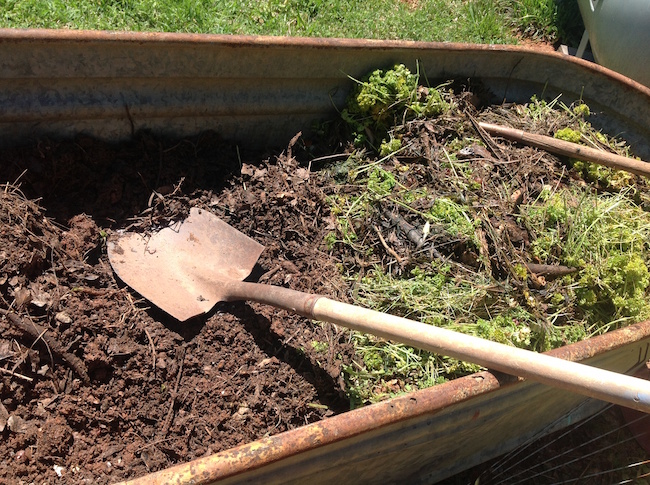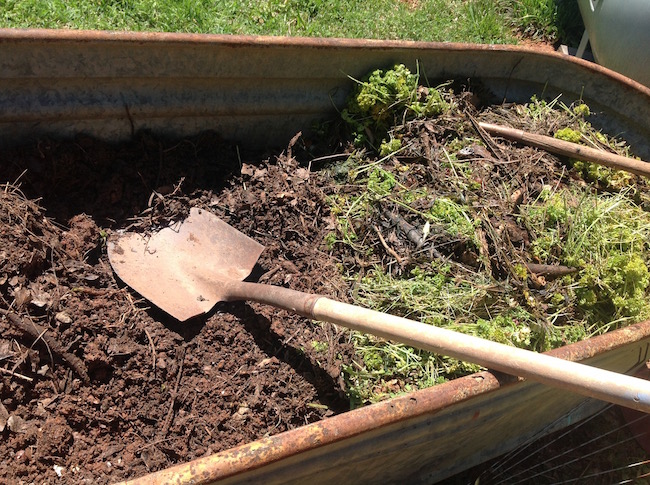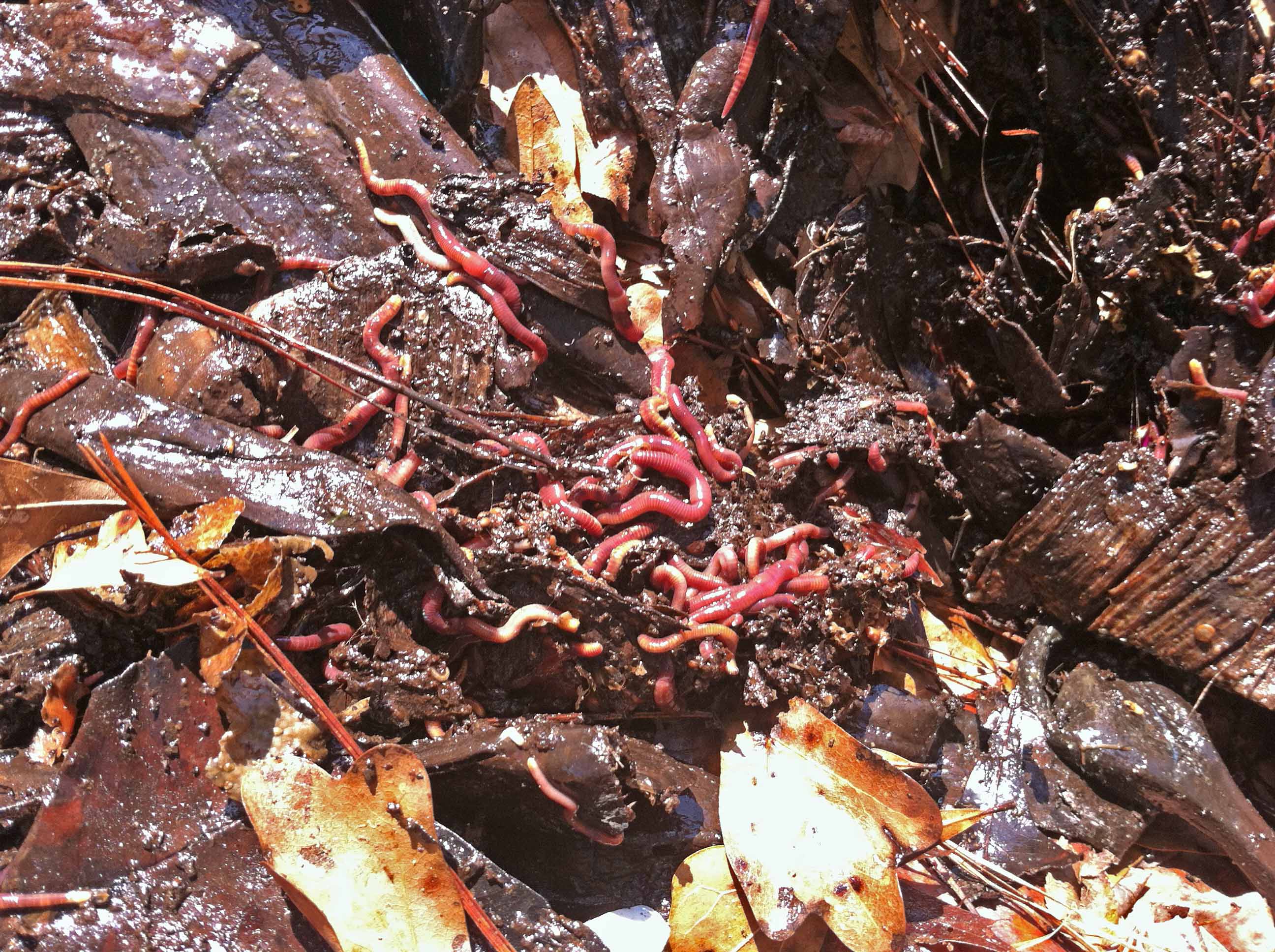.jpg) CAES News
CAES News
Compost and Fertilizer
The value of compost to a garden is probably not what most people think. Compost is not a substitute for fertilizer if you’re trying to grow crops that have a high nutrient demand. The real value of adding composted amendments to your garden is to loosen the soil and minimize compaction, improve the drainage and aeration of clay soils, and increase the nutrient-holding capacity of your soil.



